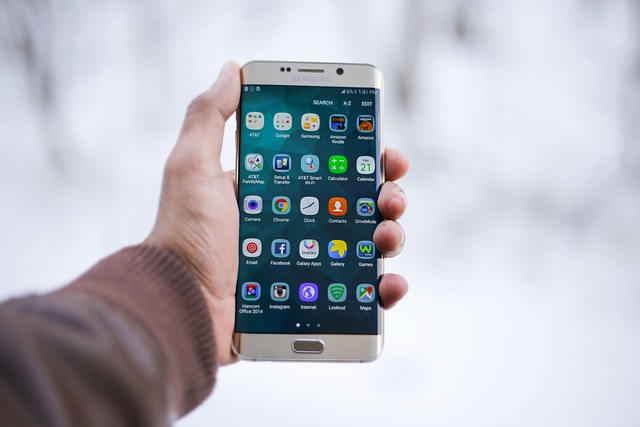I believe it’s important to recognize a problem before working on it. I also understand that sharing a weakness or challenge can invite judgment. We often console ourselves by thinking, “Many of us are in the same boat.” The issue I am referring to is smartphone addiction, specifically endless scrolling.
There is no denying that smartphones have made life more convenient; they help us stay connected with loved ones (cost free), provide instant access to information, replace GPS devices, and enable speedy communication through emails and messaging apps. The list of benefits is long.
However, as my grandfather used to say, “Too much of anything is bad.” Smartphones themselves are not the problem; it’s our excessive use and reliance on them that is.
I initially recognized this issue when I felt the urge to reply to emails and instant messages right away. This habit evolved over time to frequently checking social media. I began following pages related to my hobbies, which then led to browsing endless blogs on home decor, quotes, inspirational content, recipes and so on. When reels were introduced, I found them highly entertaining, and my phone suddenly became my primary source of entertainment, even more than TV shows or movies.
Just think about how much time this consumes. It steals precious moments with family, disrupts focus, and diminishes the joy of real-world experiences. Not to mention the strain on eyes and brain fog from endless scrolling and consuming content that isn’t going to benefit me in any way, either personally or professionally.
I will admit that I haven’t yet developed a concrete plan for using my phone as a valuable resource rather than as a tool of addiction.
However, now that I am aware of the harm caused by excessive smartphone scrolling, I have developed a few techniques to help:
Set Schedule for Social Media – I did not remove any social media apps from my phone as I still wanted to use them, share posts and communicate with my family and friends. I set aside time in the evening after dinner to check social media for about 30 minutes. It took time to adjust to this routine, and there are still times when I find myself checking social media when I am not supposed to, such as on my breaks and lunch time. Overall, it has helped to reduce the amount of time spent switching between social media apps for no reason.
Strict Morning Routine – Even with a good night’s sleep, I found myself tired after browsing social media in the mornings. Not to mention all of the negative news and content I was exposed to, which ruined the day. I believe that what we do in the morning sets the tone for the remainder of the day. Even reading positive quotes on my phone did not help. However, listening to something peaceful and motivational helps. In the morning, I don’t spend time scrolling through motivating videos. I had them lined up the day before. I also made a point of checking my messages to see whether anyone has written anything to which I need to respond or act.
Strict Nighttime Routine – Before going to bed, I listen to podcasts and audio books. This way, I am not glancing at the screen or scrolling.
Being Mindful – I believe it is important to pay attention to our environment when we are out and about rather than focusing just on our phone. I used to be on the phone when waiting in the car or anywhere else, such as in line. It felt strange to miss out on what was happening at the moment. I was forgetting that it didn’t have to be this way. Even for our own personal safety, we should avoid using our phones and instead focus on what is going on around us.
I have yet to reach the point where I can leave my phone in another room or delete apps from it. I believe that if I can create boundaries and manage my time, I will not need to do so. I hope these tips are useful if you find yourself in my situation.
You should check out this podcast by Mel Robbins, “How to Stop Screwing Yourself Over”. When I was listening to this podcast, I felt it was all about me.



